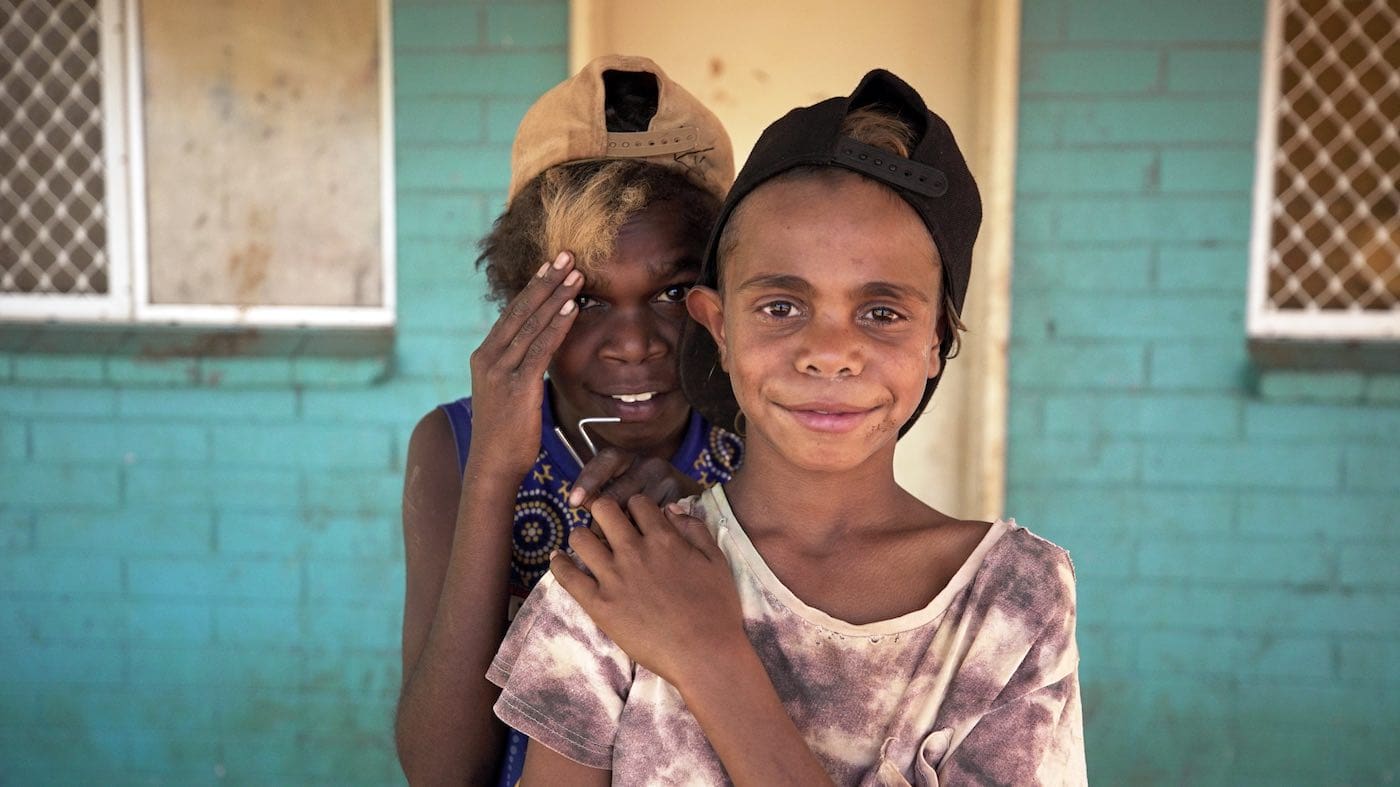Immunisation is a safe and effective way to help protect you, your family and your community from some very serious diseases. After getting immunised, your body builds up its natural defences, so if you come into contact with the disease later, your body will remember it and will work quickly to prevent the disease from developing so you won’t get sick. Once your body has built up its strength, we say you are immunised against a disease.
Getting immunised doesn’t just protect you and your family, you’re protecting the whole community. You need different vaccinations throughout your life from birth and into your 70s. At birth, a hepatitis B injection is usually offered in hospital. And it’s best if babies get it soon after birth. All children aged two months should get a combined injection that protects them from diphtheria, tetanus, whopping cough, hepatitis B, polio and Hib.
Hib is a disease that can cause deafness, brain damage and death. Children of this age should also get a separate injection that protects them from pneumococcal disease, a serious disease caused by a bacterial infection. And finally, at two months of age, children should get a vaccine for rotavirus. The rotavirus vaccine is given by squeezing a small amount of liquid into the mouth.
At six months old, all children should be given the combined vaccine for diphtheria, tetanus, whooping cough, hepatitis B, polio and Hib. And Aboriginal kids living in Queensland, Northern Territory, Western Australia, and South Australia and any other kids who are at a high risk should have another injection for pneumococcal disease.
At 12 months old, it’s recommended that all children get a combined injection for measles, mumps and rubella, an injection for meningococcal disease and an injection for pneumococcal diseases. In addition, children aged over 12 months who are Aboriginal and living in Queensland, the Northern Territory, Western Australia or South Australia should get the hepatitis A vaccine. When they should get vaccinated for hepatitis A will depend on where they live.
It’s recommended that all children aged 18 months get a combined injection for measles, mumps, rubella and chicken pox, a combined injection for diphtheria, tetanus and whooping cough and an injection for Hib. Children who are Aboriginal and live in Queensland, Northern Territory, Western Australia and South Australia will also need a second injection of hepatitis A vaccine.
Children between 12 and 18 months of age who live in Queensland, the Northern Territory, Western Australia and South Australia are also recommended to get booster injection of the pneumococcal vaccine. Again, when they get the injection will depend on where they live. For kids aged four, they’ll need a combined injection for diphtheria, tetanus, whooping cough and polio, and they might also need an injection for pneumococcal disease if they’re at a high risk.
At the age of 12 to 13, and usually it’s part of a school programme, kids will get two injections six months apart to protect them against the human papillomavirus, HPV. And they’ll also get a combined injection for diphtheria, tetanus and whooping cough.
At 14 to 16 years of age, it’s recommended that all kids get a booster injection for meningococcal disease. Again, this is usually offered at school.
Between 15 to 49 years of age, if you’re Aboriginal and at risk, it might be recommended to get vaccinated for pneumococcal disease. When you’re over 50 and if you’re Aboriginal, or if you’re over 65 and you’re non-Aboriginal, it’s recommended you get vaccinated for pneumococcal disease. And when you’re aged 70 to 79, it’s recommended to get vaccinated for shingles. If you missed any routine childhood vaccinations, you can get catch-up vaccines for free. There are other times in your life when it’s recommended you get extra vaccinations. When you’re aged six months and over and if you’re Aboriginal, you’re eligible to get a free flu shot every year to protect you from the flu. It’s also recommended that everyone aged over 65 gets a flu shot every year.
Contact: the Australian Department of Health
https://www.health.gov.au/health-topics/immunisation





